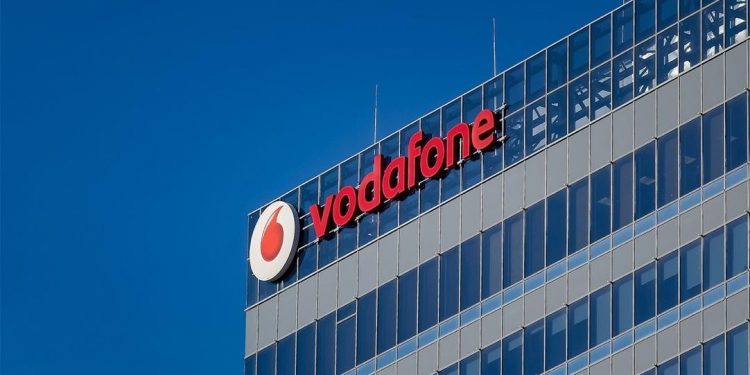The Vodafone case has refused to go from the public memory. The latest episode in the 13-year-old saga has come in the form of a ruling by the International Court of Arbitration at The Hague in favour of the British telecom major. The ruling, if not challenged by the Indian tax authorities, will spare Vodafone Group Plc of having to pay Rs 20,000 crore in tax (including related interest and penalties) to the Income Tax Department towards capital gain and withholding tax. The arbitration court has ruled that using retrospective legislation is in clear violation of the fair and equitable treatment protections provided under Article 4 (1) of the Bilateral Investment Treaty between India and the Netherlands. We expect the ruling should end the bruising litigations. However, the government seems to be digging its heels. It has refused to acquiesce with The Hague court’s ruling. It is exploring options on how to canalise the resources to undo the ruling. The Vodafone case dates back to 2007 when Indian tax authorities raised a demand on Vodafone International Holdings BV pursuant to acquisition of a 67 per cent stake in the erstwhile Hutchison Essar Ltd from Hutchison Telecommunications International Ltd for $11 billion. This included the mobile telephony business and other assets of Hutchison in India. In September that year, the Government of India, for the first time, raised a demand of `7,990 crore in capital gains and withholding tax from Vodafone, saying the company should have deducted the tax at source before making a payment to Hutchison. Since the stake purchase transaction took place outside India between two overseas entities, Vodafone refused to comply with the tax demand.
Vodafone challenged the order in the Bombay High Court which ruled in favour of the Income Tax Department. Subsequently, the telecom major approached the Supreme Court, which in 2012 ruled that Vodafone Group’s interpretation of the 1961 Income Tax Act was proper and the company did not have to pay taxes for the stake purchase. Unfortunately, the story did not end there. The then Finance Minister late Pranab Mukherjee circumvented the Supreme Court ruling by proposing an amendment to the Finance Act. The amendment gave the tax authorities the power to retrospectively tax such deals. Parliament passed the Act the very year and the company was asked to carry the onus of paying the tax with interest. The case had by then become infamous as the retrospective taxation case. There has been a lot of hue and cry over this. Global companies have created lots of concern for the government’s stance on claiming retrospective tax and have since put on hold their India investment plans. The country has lost a lot of business because of this decision. Every successive Finance Minister has gone on record to assuage the fears of foreign investors on this count. But all have steered clear of the Vodafone case.
The government should take The Hague court’s ruling on the chin and pull the curtains on the protracted legal battle. The matter must not be allowed to linger any further. It has created enough antipathy among foreign investors against the government. This would also give a lot of credence to Prime Minister Narendra Modi’s attempts to woo foreign investments. Failure to do so would undermine foreign companies’ faith in India’s commitment to international treaties and rule of law. The Hague ruling should be construed as a win in defeat.






































